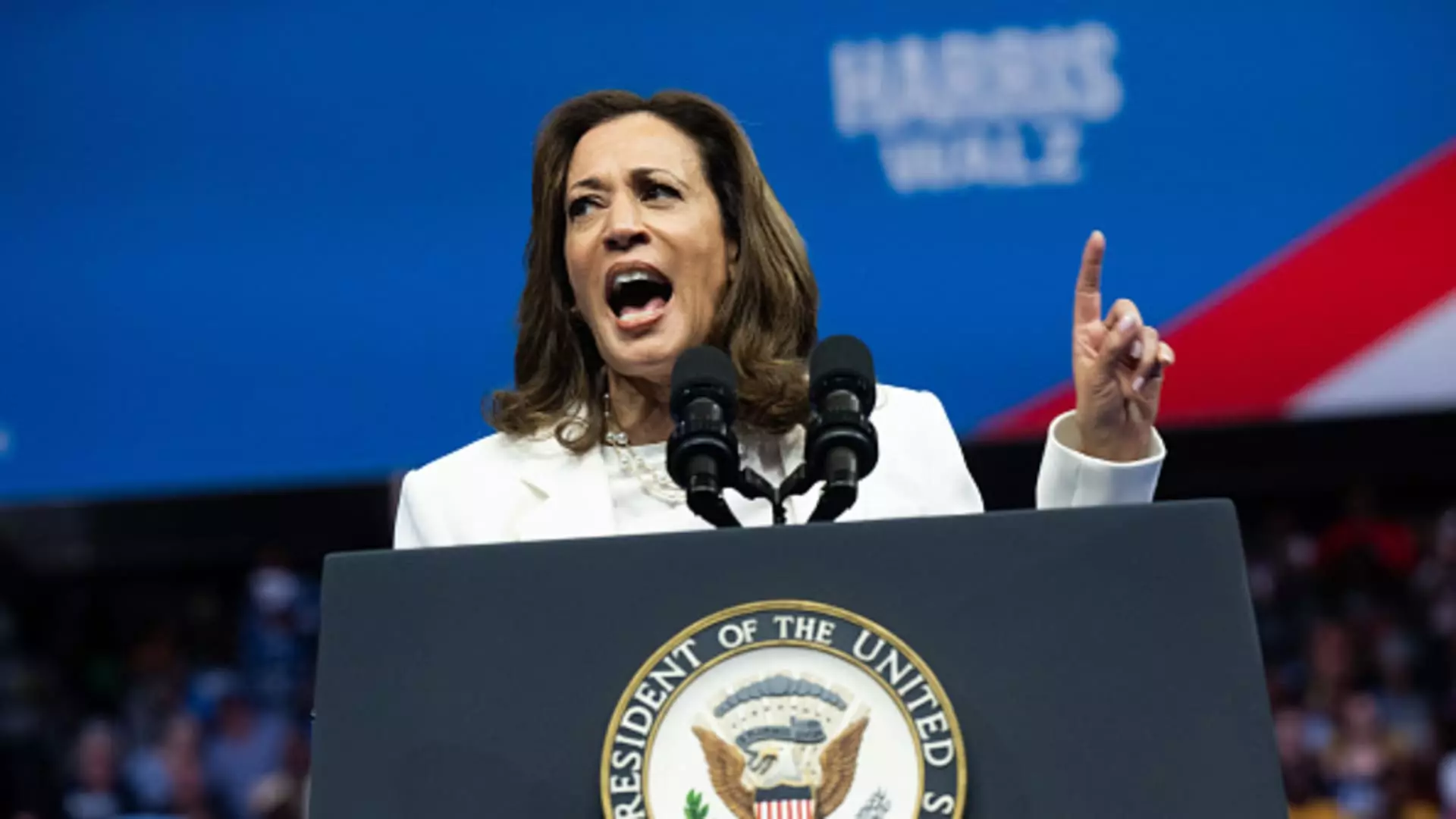Vice President Kamala Harris has recently outlined her economic agenda, which includes higher taxes on wealthy Americans and corporations. She has endorsed President Joe Biden’s proposed tax increases in his fiscal year 2025 budget, specifically supporting a 25% minimum tax on total income exceeding $100 million. This proposal, known as the billionaire minimum tax, aims to address the disparity in tax rates between the wealthy and other essential workers such as teachers and nurses.
Despite the noble intentions behind Harris’ tax plan, experts are skeptical about its feasibility and potential for success. The billionaire minimum tax would require taxpayers with wealth above the $100 million threshold to report unrealized gains annually, which poses significant administrative and compliance challenges. Moreover, there are concerns about liquidity, gaming the system, and potential IRS disputes, making the proposal seem unworkable in practice.
One of the main obstacles facing Harris’ tax proposal is the lack of political support for such a significant tax overhaul. Senate Democrats tried to push for a similar levy in October 2021, but the idea failed to gain traction. Additionally, there has been pushback from the business community, with entrepreneur Mark Cuban expressing doubt about the implementation of taxing unrealized gains. He believes that such a tax policy could have detrimental effects on the stock market.
Critique of Biden’s Tax Policy
While many Americans agree with the idea of higher taxes on the wealthy, experts have raised concerns about the components of Biden’s proposed billionaire minimum tax. Erica York, a senior economist, pointed out that the policy moves in the opposite direction of sound tax policy and poses various challenges, including administrative issues and liquidity concerns. The proposal may also lead to legal challenges, as highlighted by Steve Rosenthal, senior fellow at the Urban-Brookings Tax Policy Center.
Vice President Kamala Harris’ tax proposal, which includes a billionaire minimum tax, faces significant hurdles in gaining political support and overcoming criticisms from policy experts and the business community. While the intention behind the plan is to create a fairer tax system, the practical challenges and potential negative impacts on the economy may hinder its implementation. Ultimately, it remains to be seen whether Harris’ economic agenda will come to fruition in the current political and economic climate.

